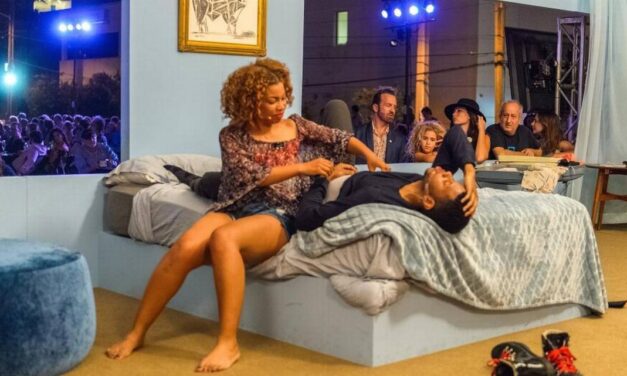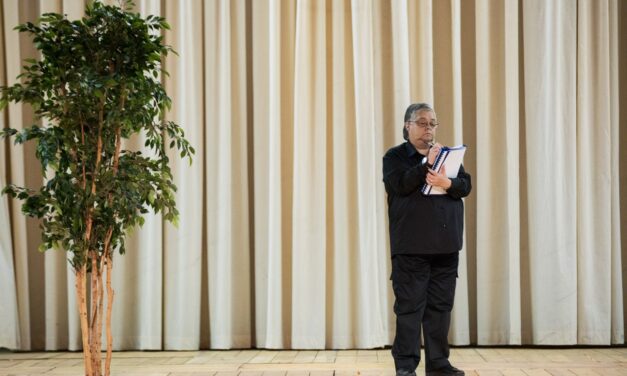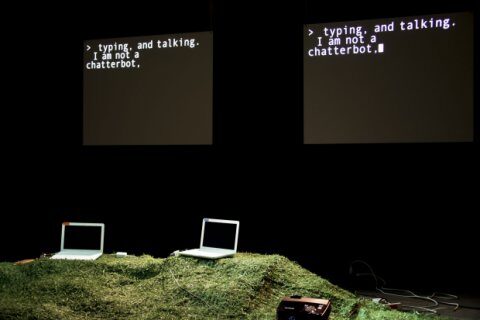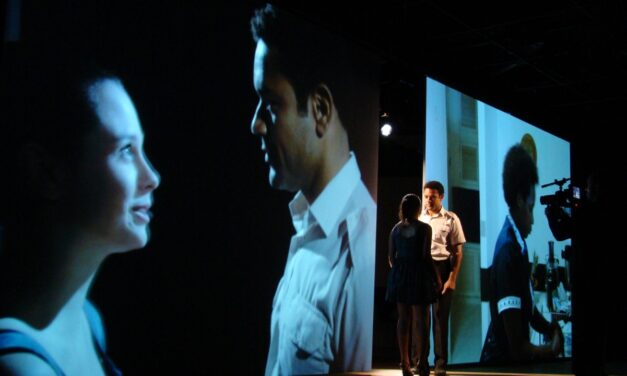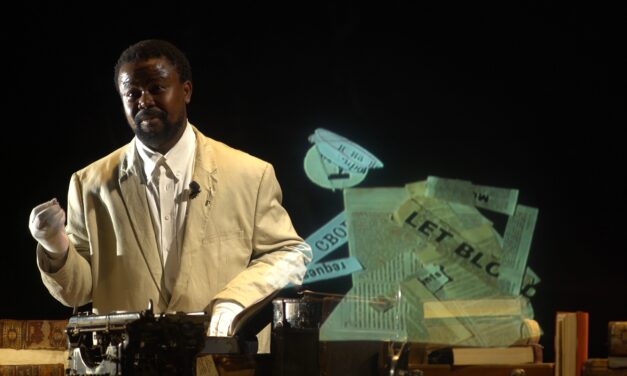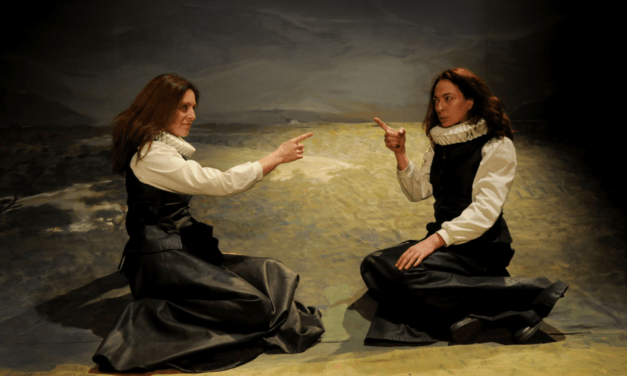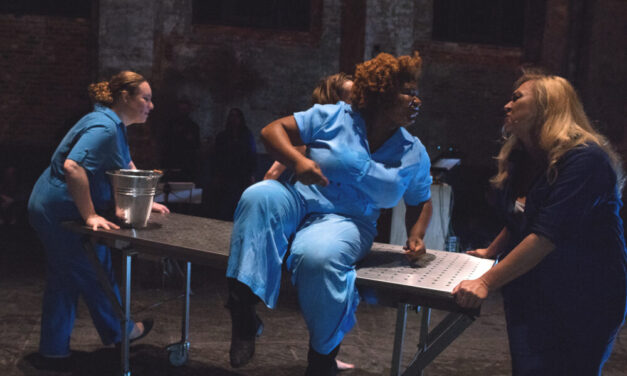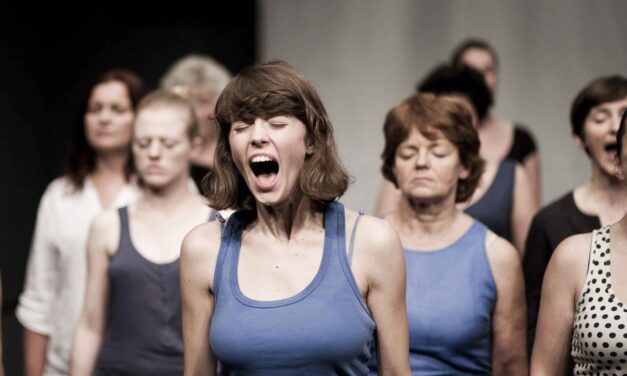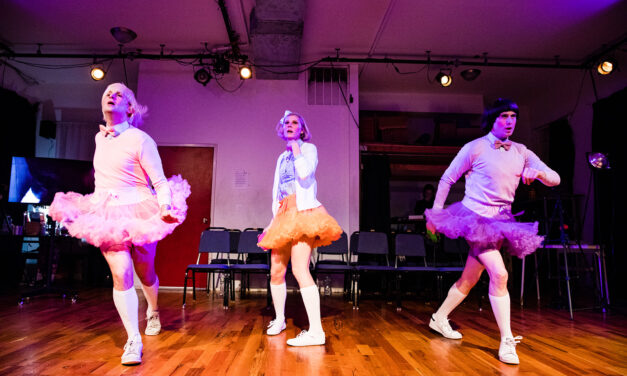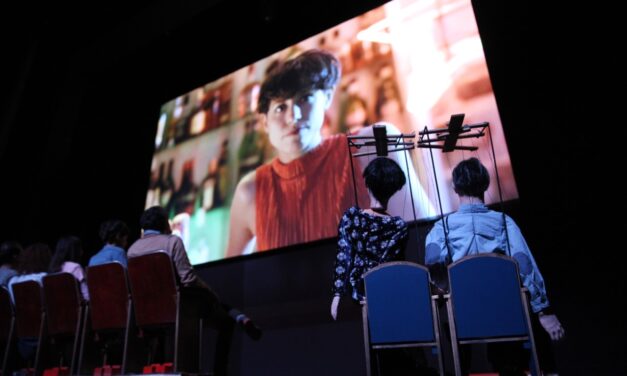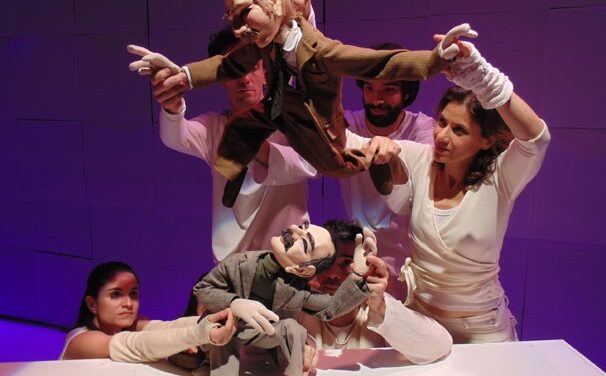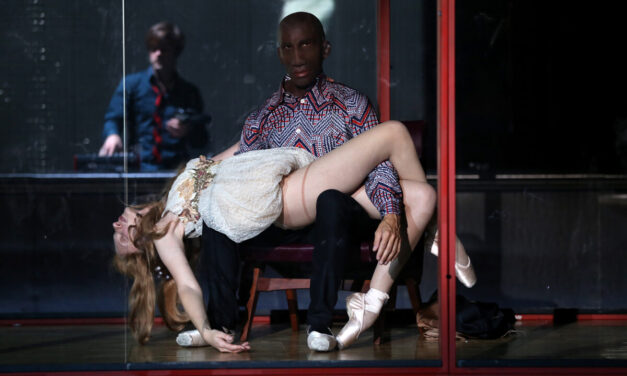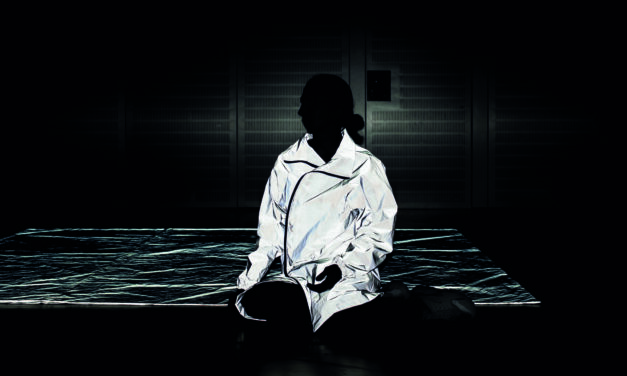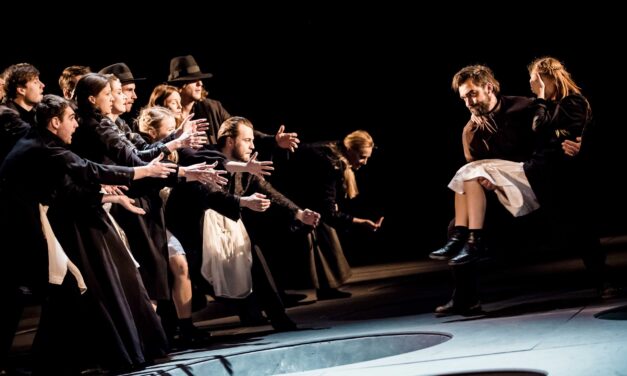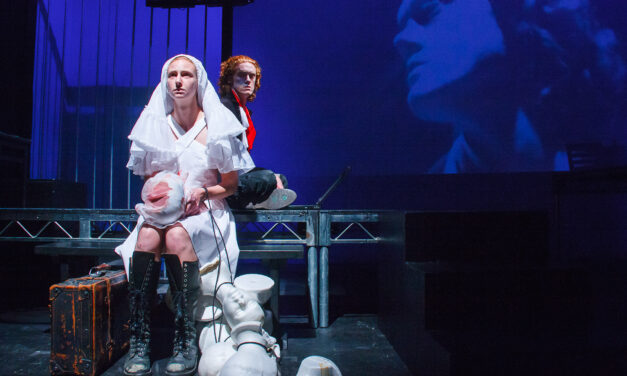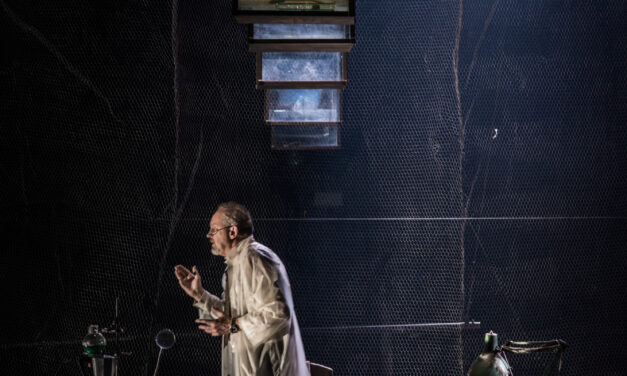Carmen
On June 4, 2016, The National YoungArts Foundation presented Outside the Box: Jay Scheib’s “Carmen. ” Staged as a work-in-process-process-in-work on a new adaptation of “Carmen”, based on Bizet’s opera, a faint homage to the adaptations of Godard and Preminger, and the fantasy of Hemingway, this is “Carmen” reimagined anew. Jealousy and poverty and love-at-first-sight madness dominate this environmental live cinema opera conceived for amplified voices, piano, and two roving cameras. Mixed live to the side of a building in Miami, this is a high tempo “Carmen” marked by dynamic performances, daring melodrama and an edgy sense of what can happen when a radical new take on a classic text animates a lived urban environment.
Read More
